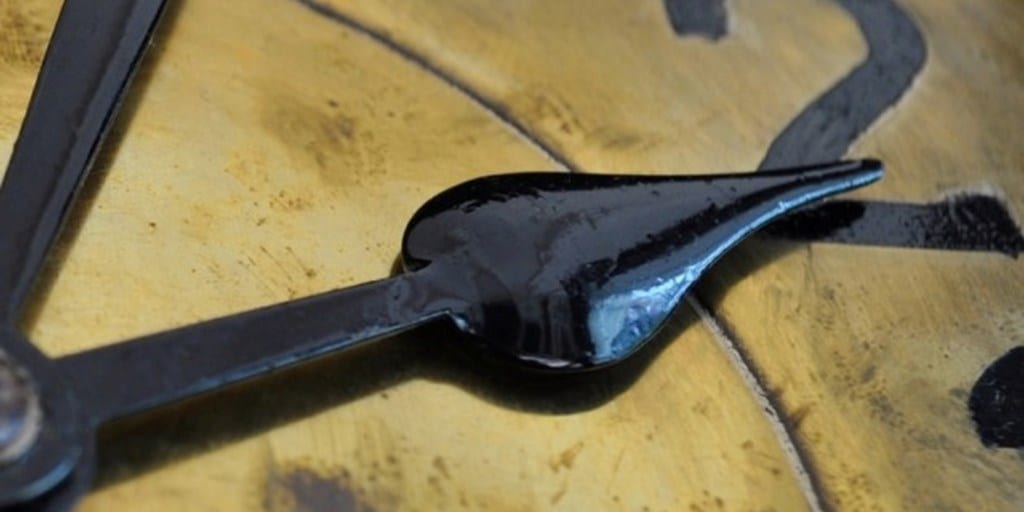Do you think you’d be getting faster to your goals if you managed your time better? Do you sometimes feel frustrated because you can’t fit everything you want to do in your day? I used to struggle with that, trying to figure out how to fit more into my day. I thought there’d be some magical method that if I discovered it, I’d be able to get much more done.
Sure, there’s a lot of tips on time management and how you can become more productive and organised, but fitting more into one’s day doesn’t mean you are becoming any more happier or more successful.
Everyone has 24 hours in a day, so that part if pretty democratic to us all. I used to believe I must cut down all ‘unnecessary’ activities such as walking in my garden and cutting flowers into a vase. Or preparing a proper breakfast. But all I got as a result was more stress and less happiness, and I wasn’t getting any closer to success either!
You can squeeze things out of your day and keep working on a lot of stuff, but unless the work you do is going to make difference (and get you to your goals) you might just as well be cutting flowers in the garden.
It’s not important to manage time. It’s important to manage work.
Let me explain. (Bare with me. The following math is simple yet important.)
Are you familiar with the Pareto principle, the 80/20 rule? This means that roughly 80% of the effects come from 20% of the causes. Such as in business 80% of company profits will come from 20% of it’s clients. Or 80% of the world’s GDP is earned by 20% of its population.
According to Perry Marshall everything in the universe follows the 80/20 principle. 20% of the roads carry 80% of traffic, or 20% of a tree’s branches contain 80% of its wood mass. Or even when he asked people in a seminar how many shoes everyone owned, 20% of people had 80% of the shoes owned in that room. (Most people had 3 to 10 pairs at home, some shoe fanatics had 500 pairs!)
He takes this principle even further explaining that the 20% is further divided into 80/20 and that 20% again into 80/20 and so on. Resulting that 50% of the effects come from approximately 1% of the causes.
When you apply this into your day you can see that ‘time management’ is pointless. Unless you are working on that most important 1% (or even that top 20% stuff), you can work your backside off and you are only going to get more exhausted and frustrated. And you will certainly have no time for cutting roses!
So how do I define the most important 1% (or even the 20%) then?
Most of us, if we’d just stop and allow ourselves time to think and write things down, we’d all know the answer deep down inside. I wrote earlier about the importance of separating ‘thinking time’ from your ‘doing time’.
This is the problem, it’s much easier to be busy than to do work that matters. The latter involves stepping outside of your comfort zone, it’s the unpleasant stuff. You don’t want to make that phone call, ask for help or talk to strangers. It’s much nicer to take shortcuts, work on to-do-lists or do the work you already know well.
Brian Tracy tells us to ‘Eat That Frog‘ first thing in the morning. This means that you should identify the most unpleasant thing you have to do and get it out of the way first. The most unpleasant is usually also the most effective and the one that will make a difference. Once that junk of work is done you can be pretty relaxed for the rest of the day, there should be nothing on that day! And even if you didn’t finish your to-do-list, the most important thing has been done.
I try to adhere to these two principles in my work the best I can. I evaluate where I can get most leverage, where I can find the 20%, or perhaps the 1%, that will make the biggest difference in the long run, be it in business or in relationships or in health. It’s sometimes hard to identify these things as the parameters keep changing, but I always complete my priority task first thing in the morning and spend my time with the best people.
And most importantly, now I have time to enjoy my roses.
Miisa





0 Comments